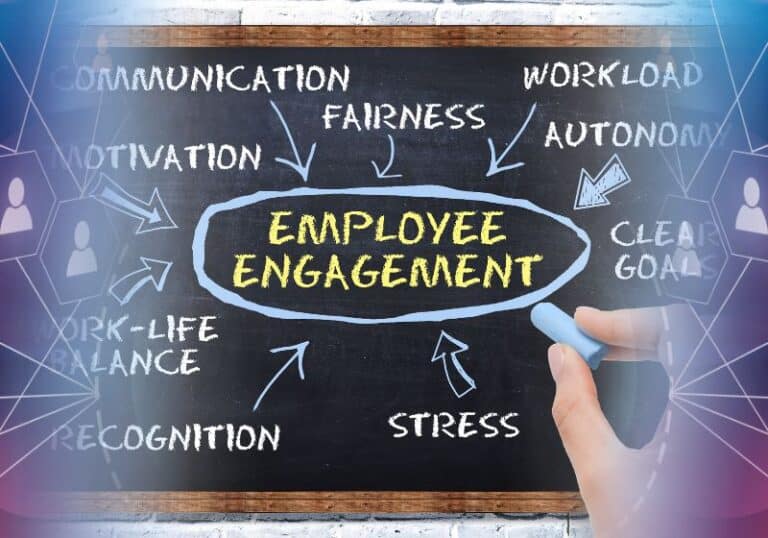Navigating Spur-of-the-Moment Resignations

In the high-stress environment of the modern workplace, it’s not uncommon for emotions to run high, leading to impulsive decisions. One such critical moment is when an employee resigns abruptly during a contentious or stressful situation. These ‘heat of the moment’ resignations can leave employers in a tricky position, balancing the need for stability and order with understanding and legal compliance.
In this quick guide, we delve into the common questions employers face during these tense moments, providing clear, actionable answers that help navigate the complexities of impulsive resignations with empathy and legal acumen. Whether you’re a seasoned HR professional or a new manager, this guide aims to equip you with the knowledge needed to address these challenging scenarios effectively.
So, let’s break down the key questions and answers in managing these high-pressure resignations.
Q: What exactly is a ‘Heat of the Moment’ resignation?
A: It’s when an employee impulsively decides to resign during a conflict or stressful period, often without fully considering the consequences. Though a highly emotional response, it carries significant legal, professional, and personal implications.
Q: How should UK employers handle impulsive resignations?
A: Employers should avoid accepting these resignations immediately. The law recognizes that employees might speak hastily under stress, allowing a brief period for them to retract their resignation. If an employee retracts quickly and the employer hasn’t formally accepted it, the resignation may not be considered final.
Q: What if the employee doesn’t retract their resignation?
A: If the employee doesn’t retract their resignation within a reasonable time, employers may proceed with acceptance. However, it’s vital to objectively consider the context and words used during the resignation to determine if it was genuinely intended or a heat of the moment act.
Q: What are the best practices for employers when facing a heat of the moment resignation?
A: Employers should document the resignation details, consider any witness accounts, and possibly suggest the employee take a period to reconsider. If the employee tries to retract the resignation, employers are not obligated to accept but should seek advice as needed. It’s also important to create a supportive work environment to prevent such situations.
Q: What’s the bottom line for employers dealing with impulsive resignations?
A: These situations are delicate and need careful legal and emotional handling. Employers must balance the need to maintain order and respect in the workplace with understanding human impulses and legal frameworks. By navigating these moments with care and legal insight, employers can mitigate the impact on both the organisation and the employee’s career.
For comprehensive guidance and support on all your human resources and employment needs, look no further than HR:4UK. Our team of dedicated experts are on hand to provide tailored advice and solutions, ensuring your business stays compliant and efficient. Whether you need assistance with contracts, employee management, or bespoke HR consultancy, we’re here to help.
Visit our Services page to learn more about how we can help your business and to make an enquiry.
We look forward to partnering with you to drive your business forward.
Angela Clay
A qualified employment law solicitor and our managing director, Angela has unparalleled legal expertise and decades of experience and knowledge to draw from. She’s a passionate speaker and writer that loves to keep employers updated with upcoming changes to legislation, and is a regular guest speaker on BBC Leicester Radio.




